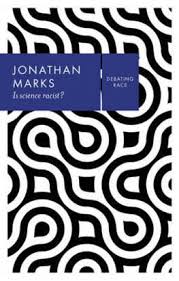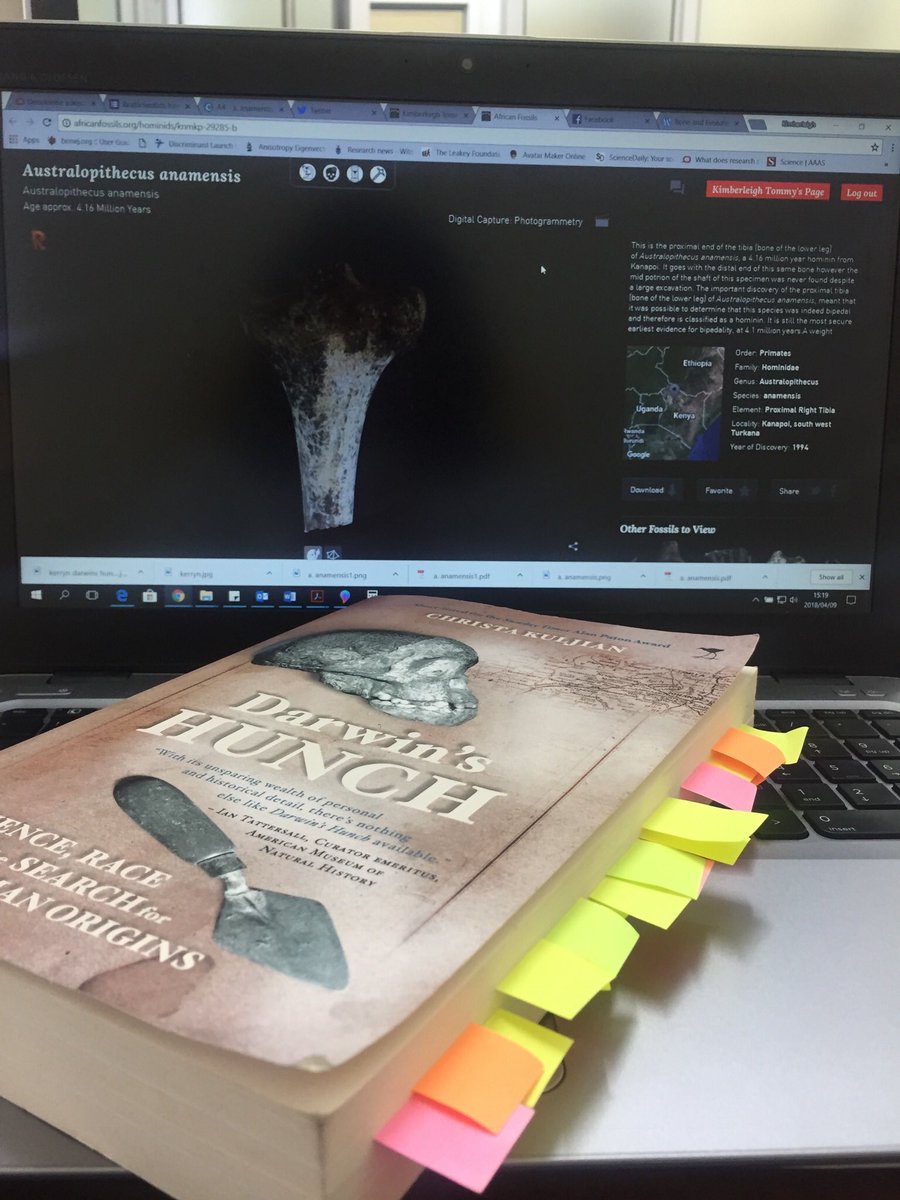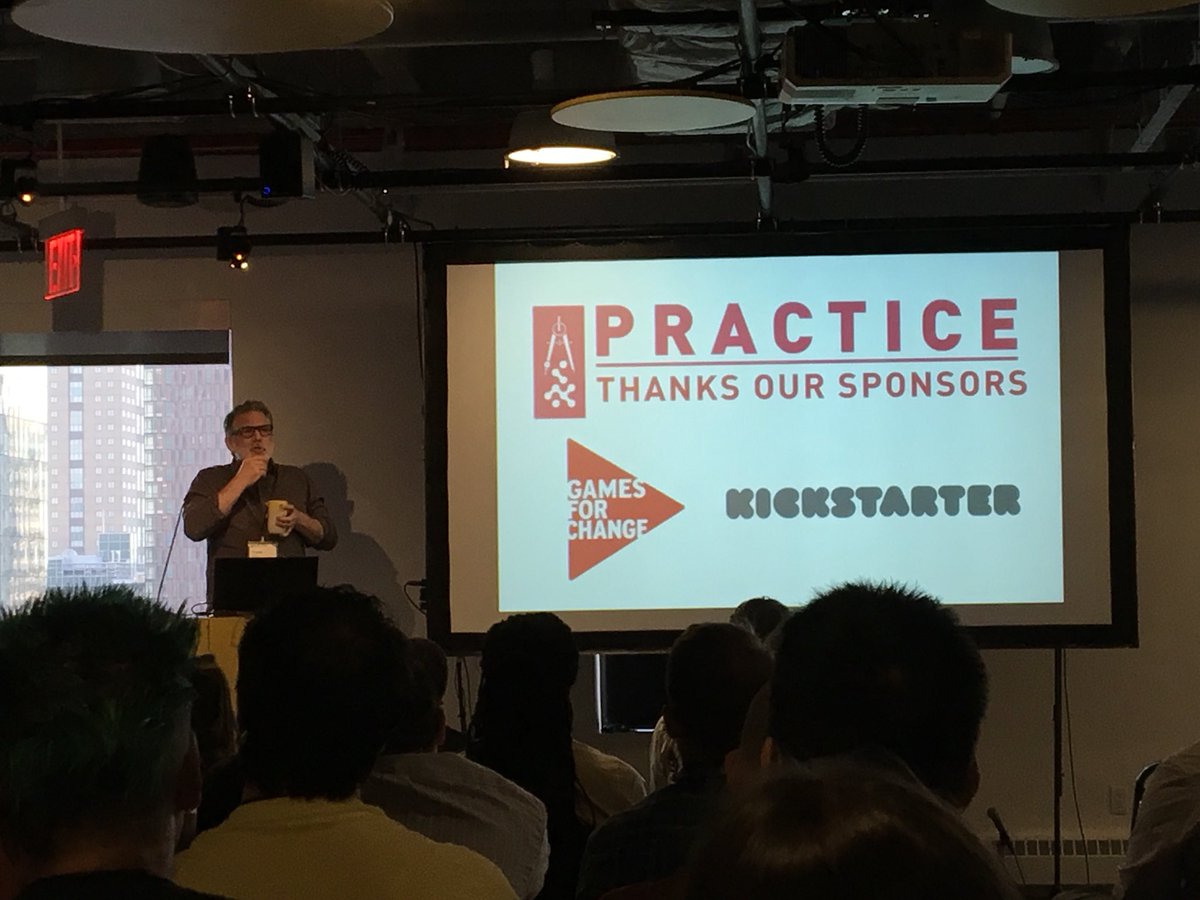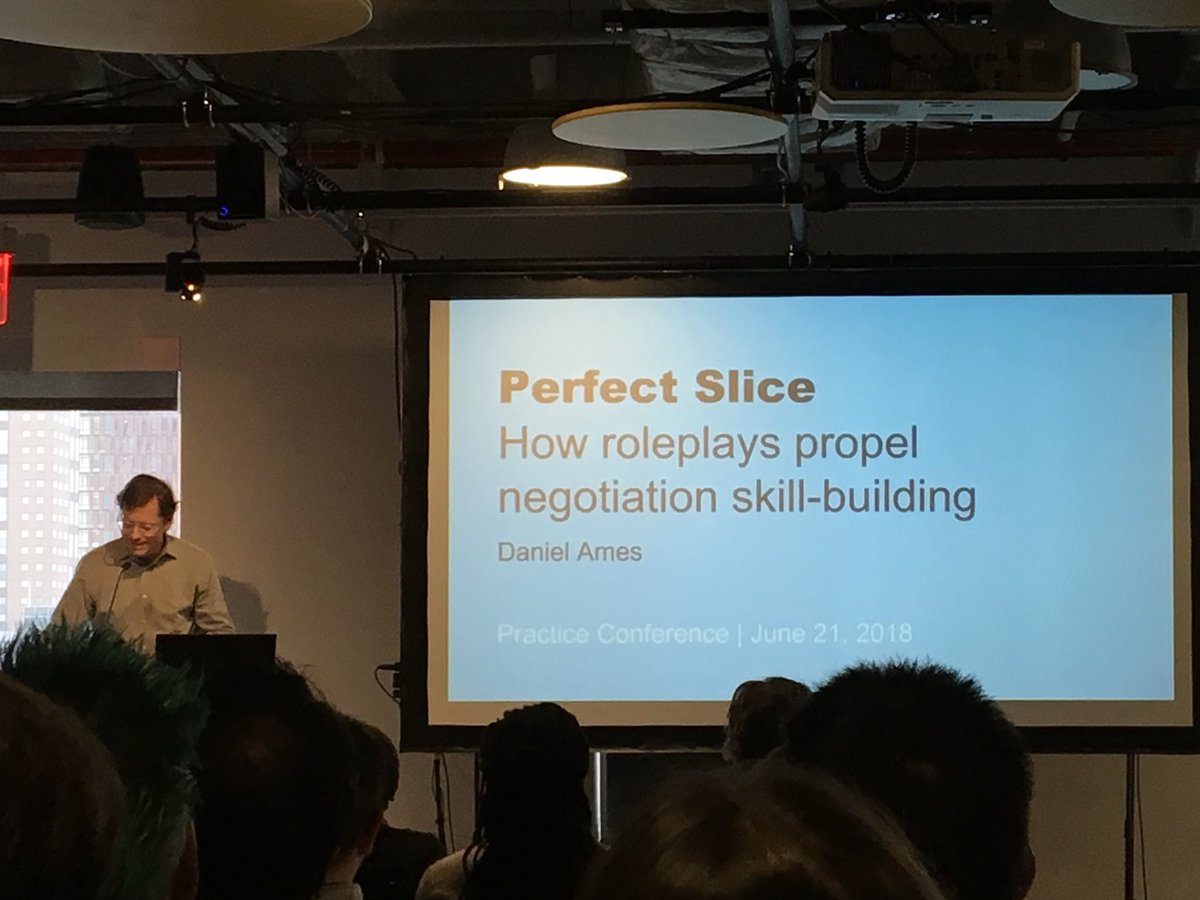1. Are you currently working in a STEM (science, technology, engineering, maths) field?
2. If you are in STEM (student or employee or any STEM involvement), are you a minority? (Minority here is defined as any group that is underrepresented, includes race, gender, disability, sexual identity or orientation etc)
thefemalescientist.com/article/kimber…


Those “specimens” were people. Remember that. They were something to someone. They are still.
#standup








